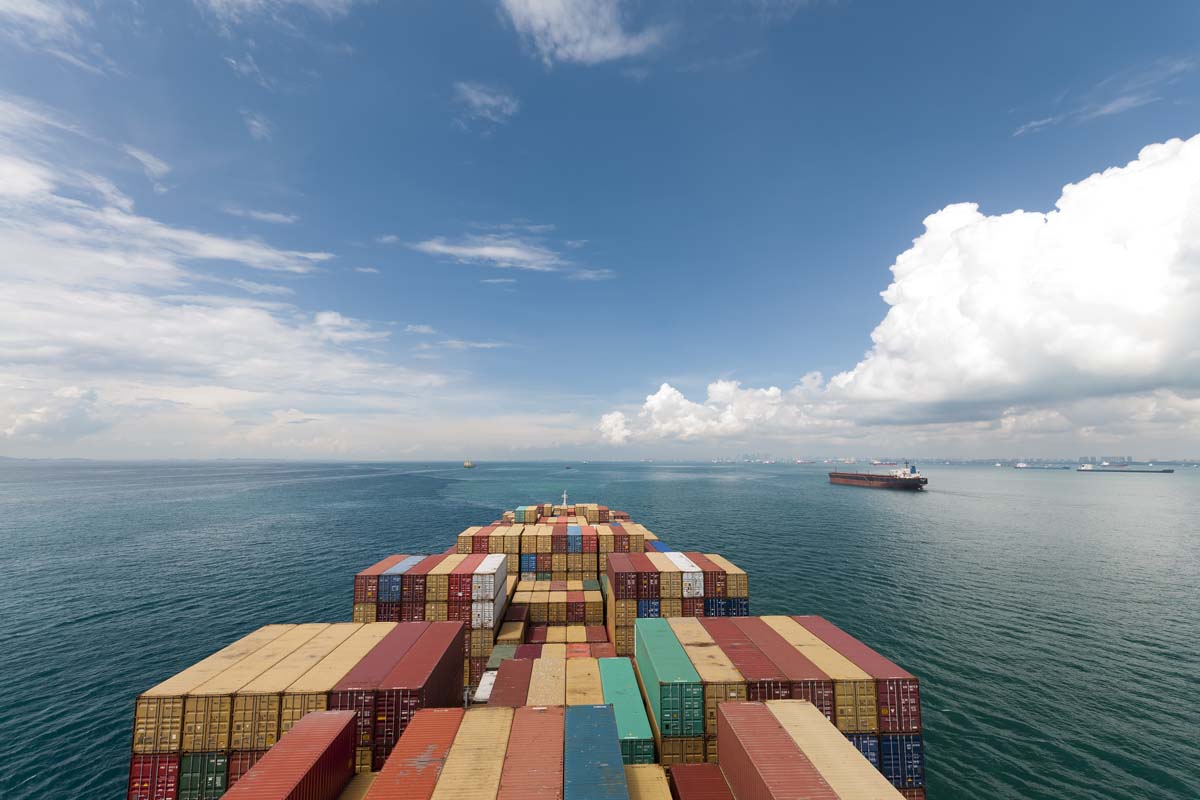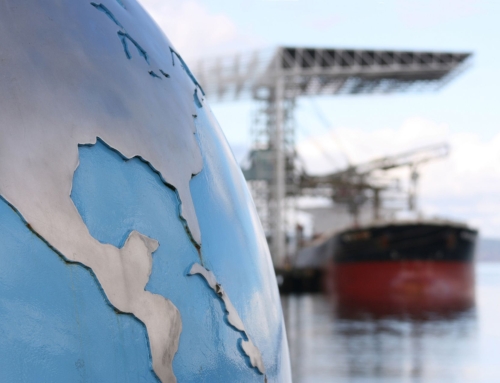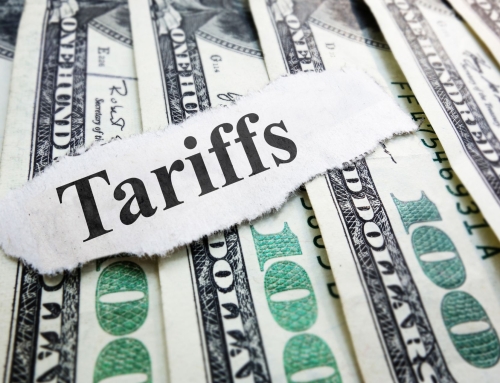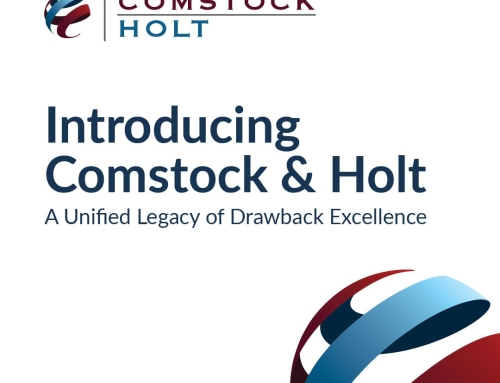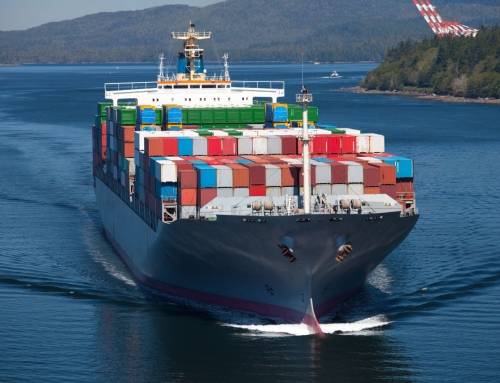U.S. Customs and Border Protection (CBP) held its 2017 East Coast Trade Symposium in Atlanta, Georgia on December 5-6, 2017. In addition to a strong presence of senior management, CBP had a lot of friendly and helpful personnel, many in uniform, on hand and several special exhibits. With an attendance of approximately 800 people, the event offered great networking opportunities with CBP personnel and service providers to learn more about the current events within CBP and what effect they may have on the trade.
Overview
One of the main draws to the Symposium is hearing from the top management of CBP and the Department of Homeland Security (DHS). Executive Assistant Commissioner Brenda Smith kicked things off with a speech on CBP Trade Strategy and the vision going forward. She noted that the trade was looking for CBP to be more predictable, transparent, and efficient and to work better in partnership with less friction. She pointed out that the roles of CBP involved security, enforcement and facilitation. Following Brenda Smith, Acting Commissioner of CBP Kevin McAleenan was interviewed by Geoff Powell, President of the National Customs Brokers & Forwarders Association of America. The trade was also privileged to hear from keynote luncheon speaker Acting Secretary of DHS, Elaine Duke.
Panels held on Tuesday were comprised mostly of CBP leadership. The panels were entitled North American Collaboration for Cargo Processing, Modernizing Imports and Exports, Intelligent Enforcement, and Evolution of Trade: Opportunities and Challenges for E-Commerce. Cynthia Whittenburg, Deputy Executive Assistant Commissioner, Office of Trade, had a great panel going in depth on modernizing imports and exports. She waxed historical even back to 1789 and touched on the Modernization Act, which is now almost 25 years old. Even ACE has been around for some time and needs, not only completion of a few more modules, but maintenance and upgrades as well. Along with aging programs and systems, she spoke of the need for updated laws and regulations and the significance of the Trade Facilitation and Trade Enforcement Act (TFTEA). This act encapsulates the twin roles of CBP to facilitate trade as well as to enforce trade laws. However, CBP speakers did note that they had outdated processes and were in need of more personnel. The new law applies 110 new mandates on CBP with no new resources. They provided the perspective from their side. Even so they noted great ideas from the field and asked for more grass roots support and ideas.
A CBP Leadership Town Hall started Wednesday morning, followed by a series of concurrent and repeated breakout sessions. These sessions continued the themes from day one and were entitled Border Interagency Executive Council Priorities, TFTEA Priorities, Emerging Modernized Technology, and Cargo Enforcement and Facilitation Innovation. There was also a room set aside to allow for more specific Partner Government Agency Roundtable Discussion Speed Chat.
Topics
Recurring topics this year were Antidumping/Countervailing duties (AD/CVD), intellectual property rights (IPR), forced/child labor, opioids and fentanyl, e-commerce and the de minimis change, aviation security, and ACE outages.
A big challenge for CBP in the transition from the big trade innovation 60 years ago of the container to the small packets of e-commerce is how to handle this with automation and security protocols. Information technology and ACE are significant players in these efforts.
Drawback had minimal mention throughout the Symposium. It was noted in a historical sense with its early origins back to 1789 and how we are now moving into a drawback simplification era. The drawback regulations were mentioned as the most complicated of six regulation packets mandated by TFTEA and due in two years from the signing of the law in Feb. 2016.
In 2018, the CBP East Coast Trade Symposium will again be held in Atlanta, Georgia. The dates are October 17 and 18. We hope to see you there!

